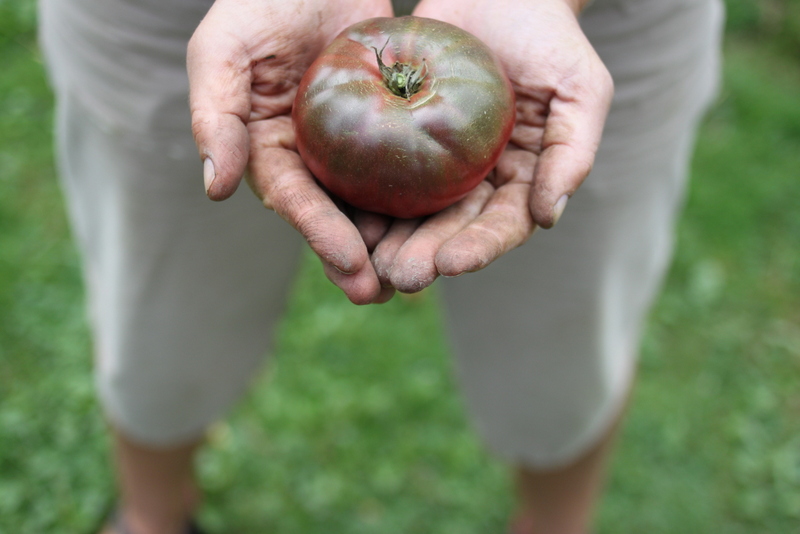 I grow food on my land. I share this food with people well beyond my family. I work in the soil ten hours a week with Swainway Urban Farm and sell our mushrooms and microgreens at farmers' markets. My hands are dirty all the time. All these are good signs that I might be a farmer.
But yet I resist this label and I want to unpack why.
I grow food on my land. I share this food with people well beyond my family. I work in the soil ten hours a week with Swainway Urban Farm and sell our mushrooms and microgreens at farmers' markets. My hands are dirty all the time. All these are good signs that I might be a farmer.
But yet I resist this label and I want to unpack why.
For a long time, my excuse was that a farmer sells their food, and I didn't, so I couldn't be a farmer. But now, I do grow and sell food for Swainway and I've given my family and friends in excess of $500 worth of food this season.
Farming, if I'm a farmer, is certainly not my primary occupation - I write, teach cooking classes, mother, and volunteer. That's why I've been drawn to the word homesteader. I could also be a 'hobby farmer' but that seems to devalue the work of farming. Yes, I might not grow food and raise chickens for profit, but an hour of bed building is the same whether the eventual tomatoes go to market or are consumed at home.
The biggest resistance in my mind is that I don't think of farmers and farming organizations as representing the food growing system I want to see. Farmers are people who drive tractors and own many acres and raise meat in feedlots and file for government subsidies and use chemical fertilizers and plant gmo seeds. I spend enormous effort and money to feed those I love with food that doesn't come from the typical American farm. If I call myself a farmer, I'm afraid that people will think I'm one of the conventional types.
Beyond the fact that I oppose the growing practices of the vast majority of American farmers, I feel like I don't fit in with the traditional farming lifestyle. I live in the city. I hold liberal values. I have a bachelor's degree in geological science and constantly pursue additional education through reading, conferences, and classes. I don't think anyone would describe me as a bumpkin or yokel, the third definition of farmer as provided by Merriam-Webster.
It makes me a little sad that when I think of a farmer, I think of something I don't want to be. No matter advances in technology, people will always need to eat. The number of people who farm as an occupation has declined steadily in the last few decades but our population needs real food. Somehow, smart, hard-working, earth-minded growers (like me?) must reclaim farming as an honorable avocation.
What say you: am I a farmer?
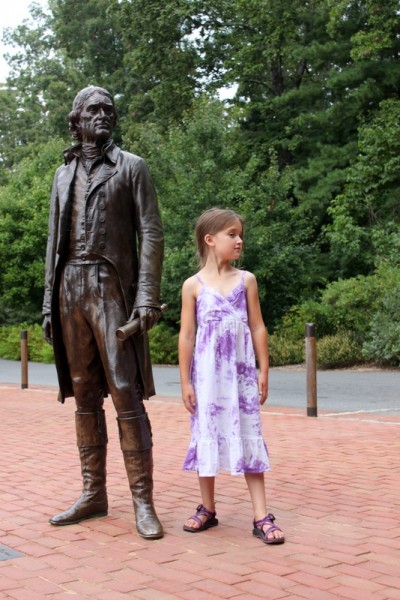

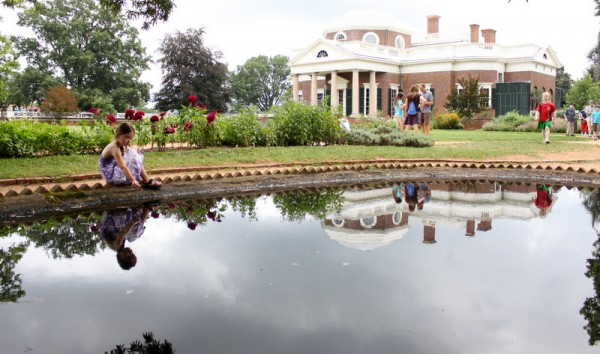
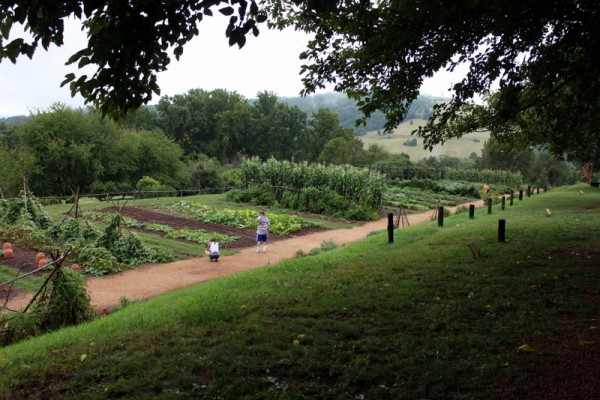
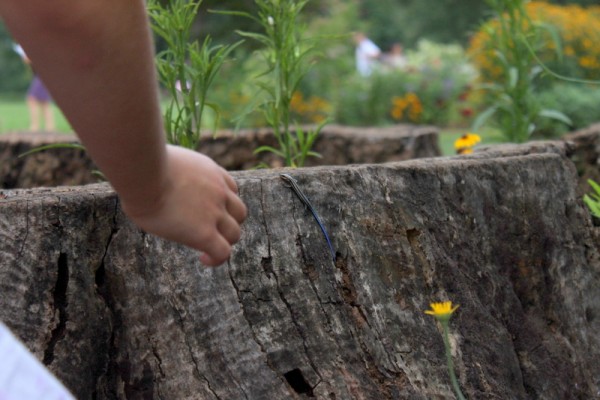
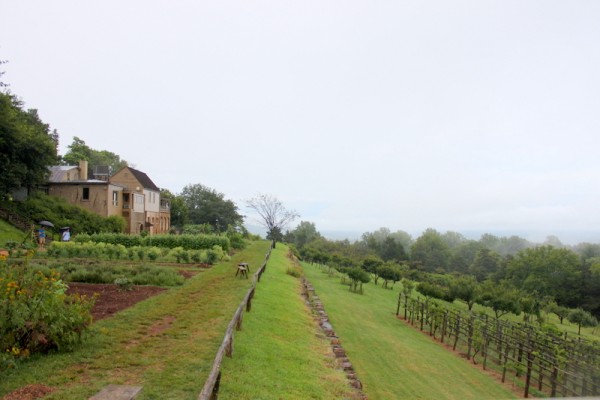
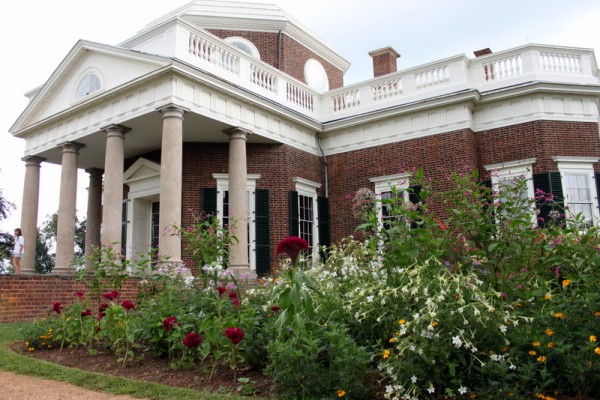






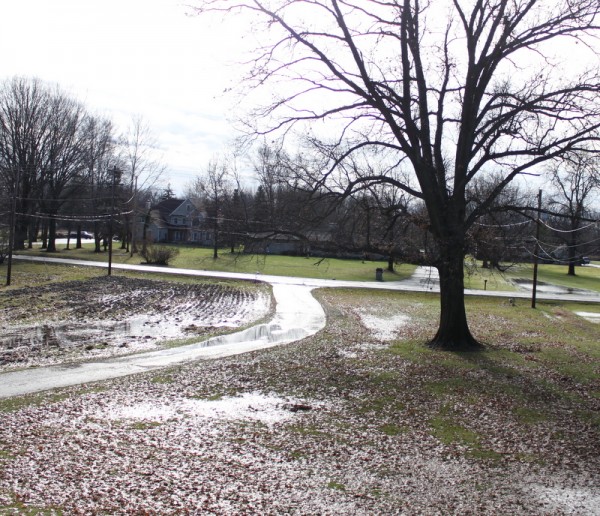
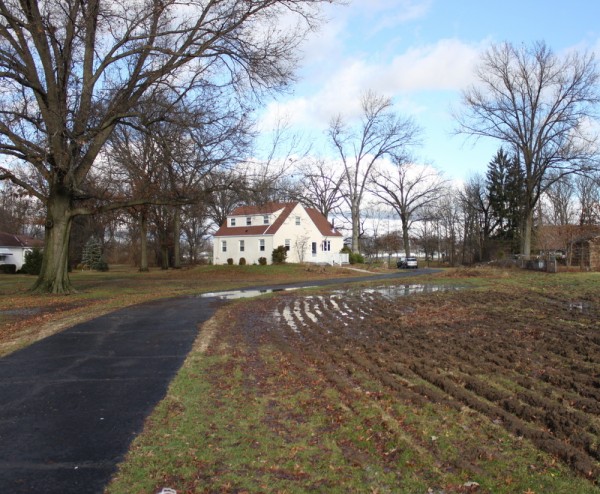
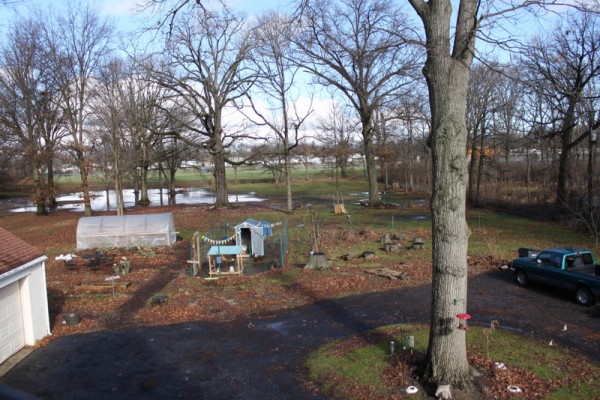
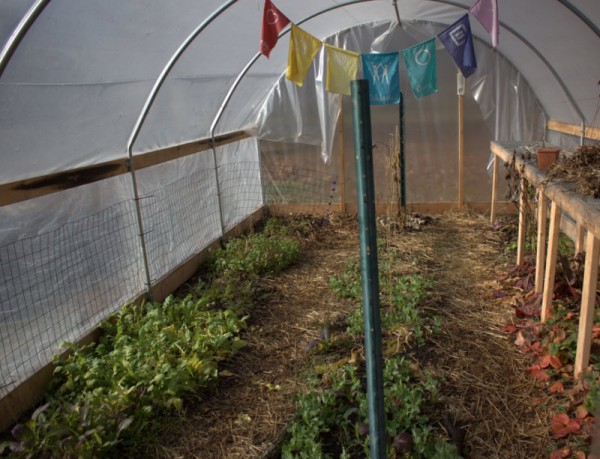
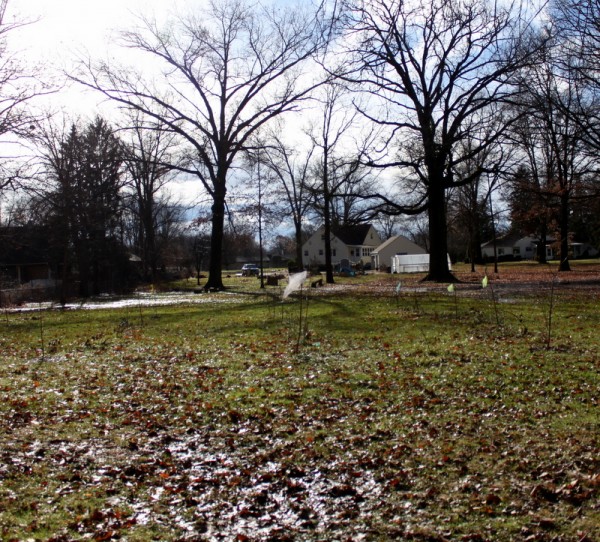

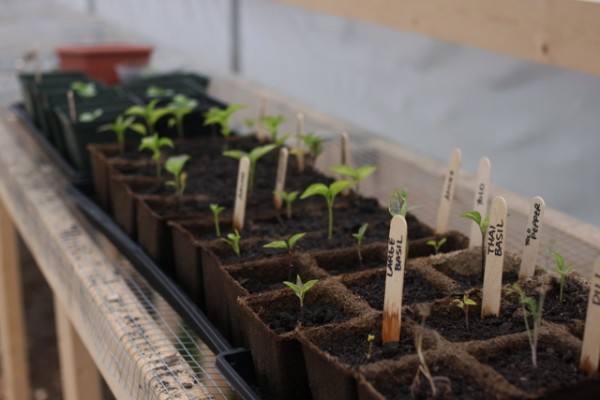
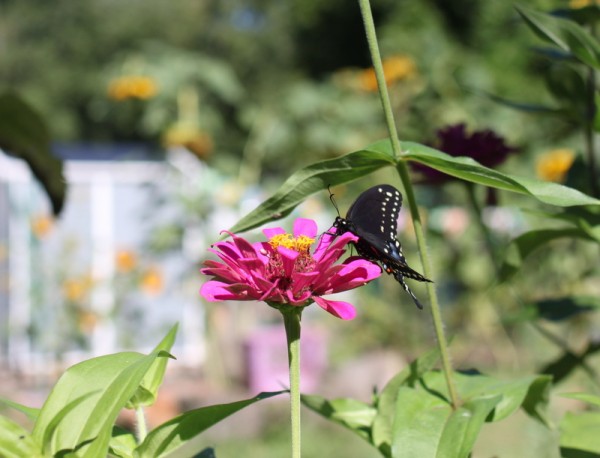

 from the library.
Diffley writes her memoir of growing into a farmer and becoming an accidental activist with the gifts of a fine story teller. Throughout her dramatic tale of finding and losing a farm and then fighting to save another, she shares personal moments of grief, joy, and insatiable desire to grow food organically. She portrays farming realistically, describing the challenges of physical labor and difficult weather while constantly reminding the reader of the same appreciation for nature I feel when working in the garden. "Every time I am in the field or the garden, there is one plant or insect, one leaf or flower, one line or shape that jumps from the rest and catches my senses with the profound beauty of its lovely self," she writes.
from the library.
Diffley writes her memoir of growing into a farmer and becoming an accidental activist with the gifts of a fine story teller. Throughout her dramatic tale of finding and losing a farm and then fighting to save another, she shares personal moments of grief, joy, and insatiable desire to grow food organically. She portrays farming realistically, describing the challenges of physical labor and difficult weather while constantly reminding the reader of the same appreciation for nature I feel when working in the garden. "Every time I am in the field or the garden, there is one plant or insect, one leaf or flower, one line or shape that jumps from the rest and catches my senses with the profound beauty of its lovely self," she writes.
